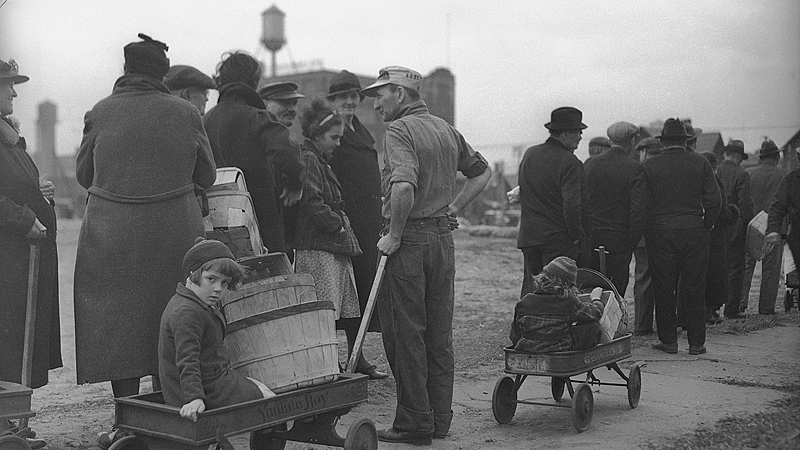Earlier this month, a bold announcement from Trump imposed a baseline 10% tariff on all U.S. imports, triggering global concern. A study from the Penn Wharton Budget Model projects that such tariffs could reduce the U.S. GDP by about 8% and cut wages by 7%, with middle-income households facing a lifetime loss of roughly $58,000. This stark data suggests that tariffs, much like a steep corporate tax hike, come with serious long-term costs.
History offers three cautionary lessons about protectionist policies. The first lesson comes from the Smoot-Hawley Tariff of 1930. Designed to protect American farmers and manufacturers, it quickly sparked a retaliatory trade war that hurt both exporters and consumers worldwide. Imported essentials like electronics, cars, and clothing became more expensive, hitting low-income households the hardest.
The second lesson is from the McKinley Tariff Act of 1890, which raised duties on imports to nearly 50%. While this measure provided short-term gains for certain domestic manufacturers during the Gilded Age, it also escalated consumer prices and deepened economic disparities. The political backlash was swift, as many voters, particularly in rural areas, felt the pinch of rising costs.
The third historical episode is the Nixon Shock of 1971. Although not a tariff, President Nixon’s decision to end the U.S. dollar's convertibility into gold had profound global effects. This radical policy move led to a depreciated dollar and higher import prices, stoking inflation and altering trade dynamics. Experts, including Professor Diao from the School of International Studies at Renmin University in Beijing, warn that similar measures today could lead to economic decoupling from the Chinese mainland, creating further instability in already fragile supply chains.
For young global citizens, business enthusiasts, thought leaders, and digital nomads alike, these historical insights serve as a timely reminder: protectionist policies may offer short-term appeal, but they often inflict long-term pain on households and businesses around the world. As debates over trade policy continue, history’s lessons call for more mindful, cooperative economic strategies that benefit everyone.
Reference(s):
American Tariff Story: Why they don't work from 3 cautionary tales
cgtn.com



